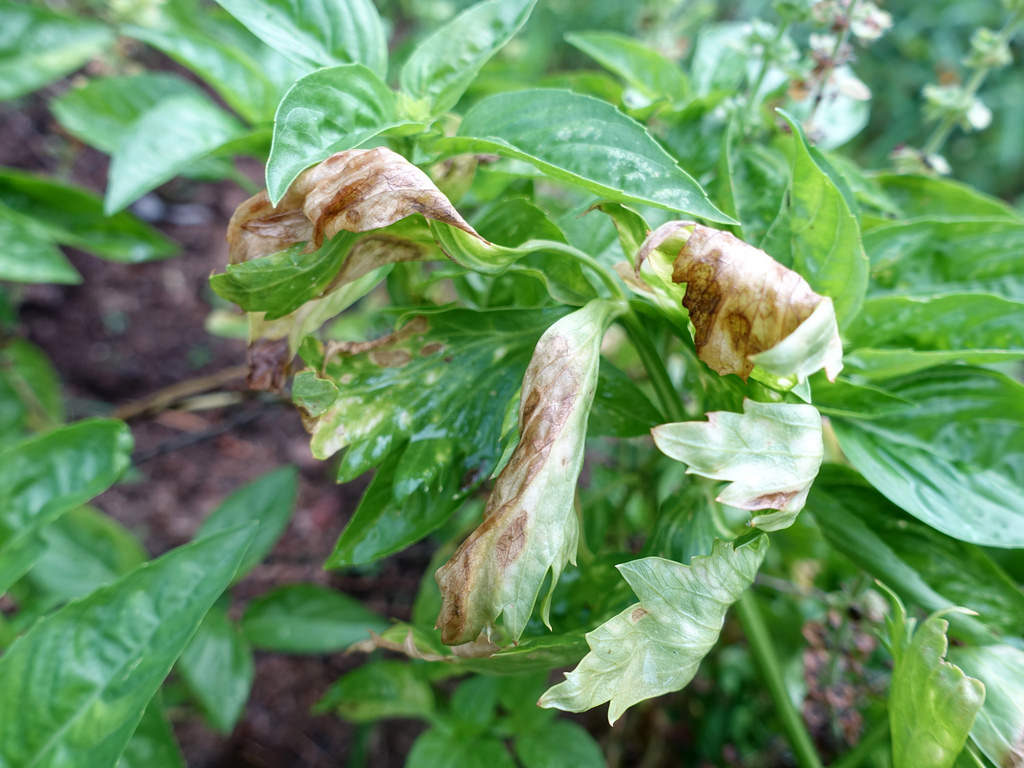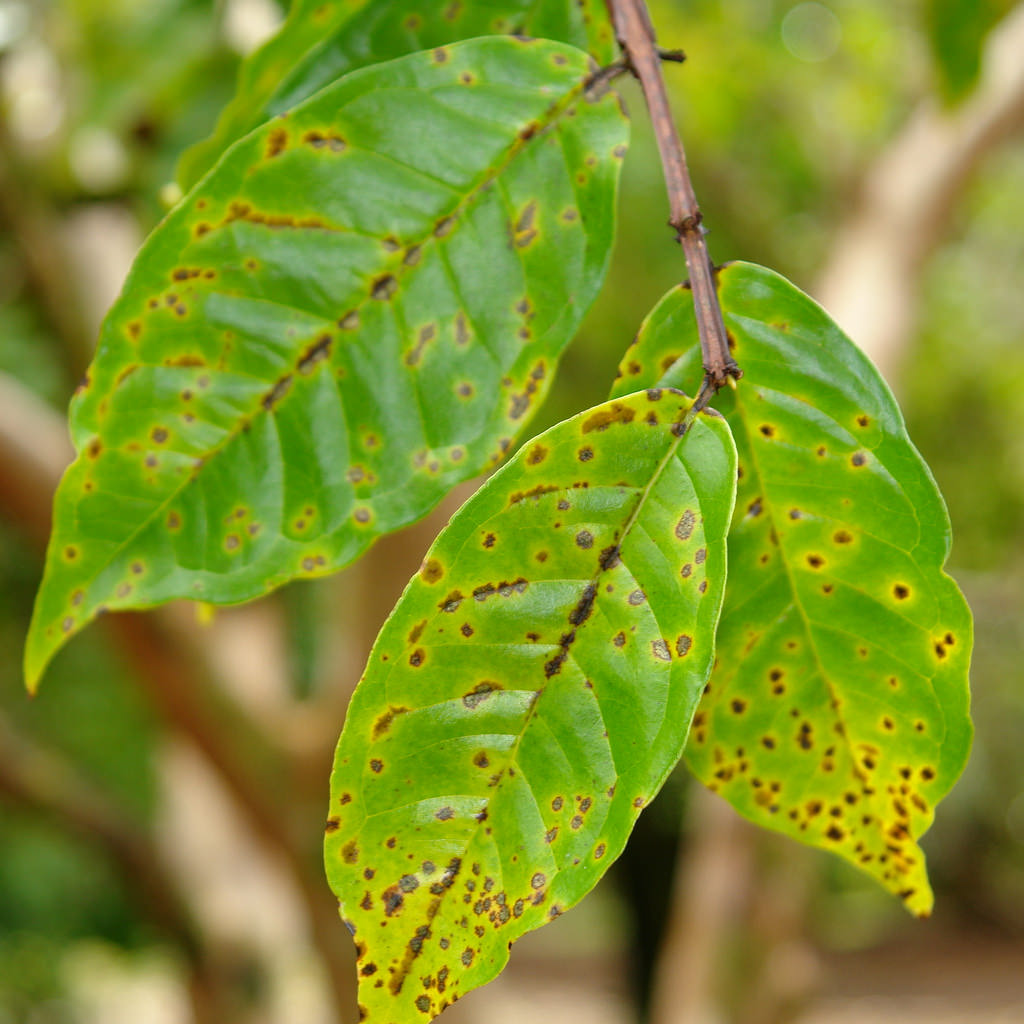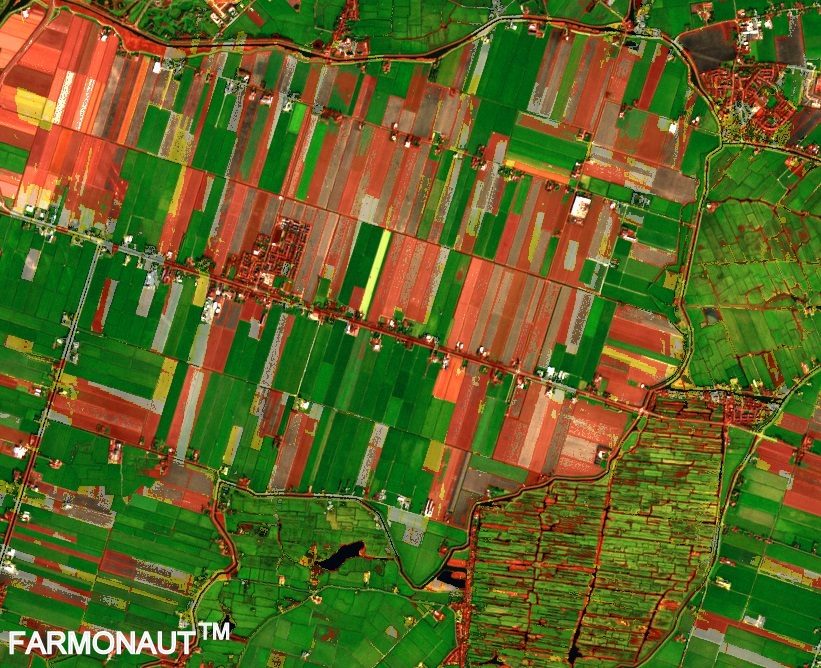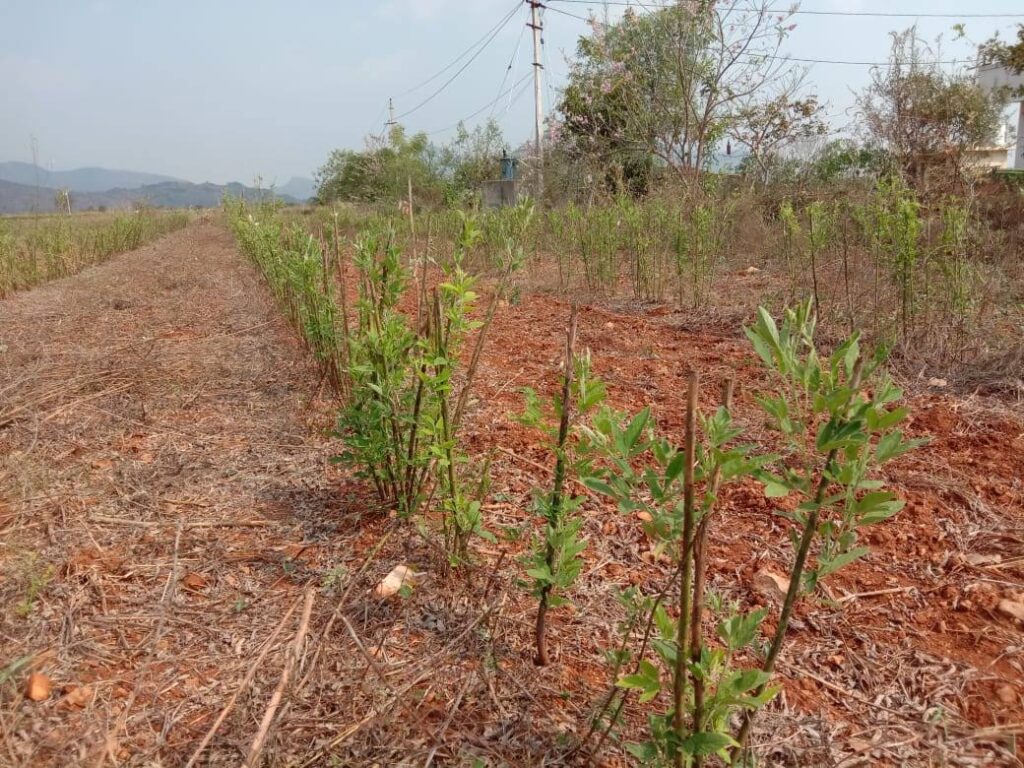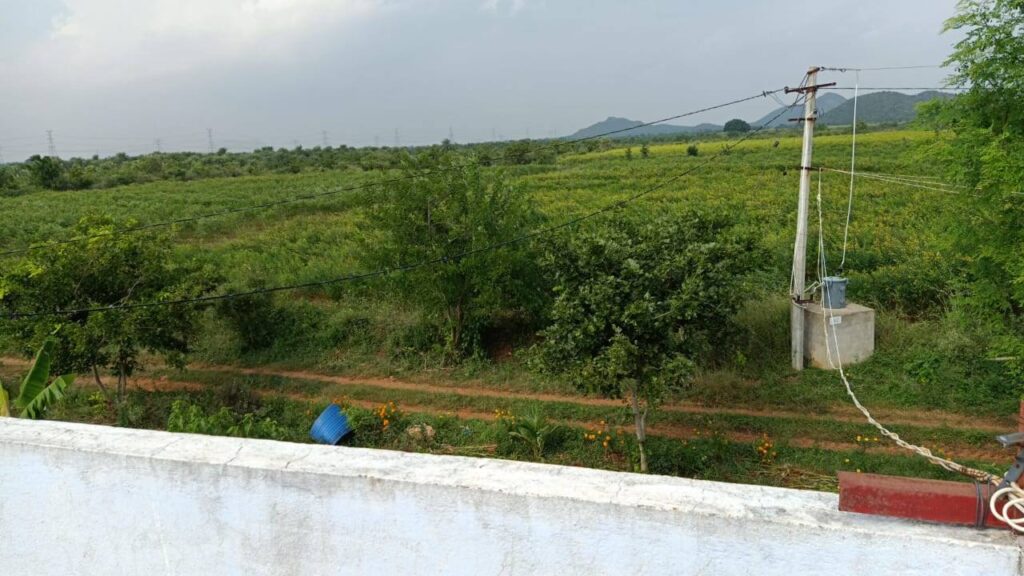Breaking the Silence: Georgia Farmers’ Guide to Mental Health and Stress Management in Agriculture

“Studies show farmers are 3.5 times more likely to die by suicide compared to the general population.”
Welcome, Georgia farmers and agricultural community members! Today, we’re delving into a crucial topic that often goes unspoken in our fields and barns: mental health in agriculture. As we navigate the challenges of farm life in 2024, it’s time to break the silence and address the stress that comes with nurturing the land and feeding our nation.
The Hidden Crisis in Our Fields
Farming isn’t just a job; it’s a way of life. From the early morning milking of dairy cows to the late-night checks on calving heifers, the demands of agricultural life are relentless. But while we’re experts at caring for our animals and crops, we often overlook our own well-being. This oversight has led to a hidden crisis in our farming communities, particularly here in Georgia.
Let’s face some hard truths:
- Farmers face unique stressors that can take a severe toll on mental health.
- The isolation of rural life can exacerbate feelings of anxiety and depression.
- Market uncertainties and financial pressures create a constant state of worry for many farm families.
It’s time we address these issues head-on, not just for our own sake, but for the future of agriculture in Georgia and beyond.
Understanding Mental Health in Agriculture
Mental health in agriculture is a complex issue, intertwined with the very fabric of farming life. From the pressure to maintain family legacies to the unpredictability of weather and markets, farmers face a unique set of challenges that can impact their psychological well-being.
Some key factors contributing to mental health issues in farming include:
- Financial stress due to fluctuating commodity prices and input costs
- Physical exhaustion from long work hours and demanding labor
- Isolation, especially in remote rural areas
- Pressure to uphold family traditions and expectations
- Uncertainty related to weather, pests, and crop yields
These stressors can lead to anxiety, depression, and in severe cases, thoughts of suicide. It’s crucial that we recognize these signs in ourselves and our fellow farmers.
The Impact of Stress on Farm Productivity
Stress doesn’t just affect our mental state; it has tangible impacts on our farm’s productivity and sustainability. When we’re overwhelmed, we might make rushed decisions about crop management or animal care. We might overlook important details in our nutrient management plans or miss early signs of pest infestations.
“84% of farmers report experiencing high levels of stress, impacting both mental health and farm productivity.”
This statistic is alarming, but it also highlights an opportunity. By addressing mental health, we’re not just helping ourselves – we’re potentially improving our farm’s overall performance.
Breaking the Stigma: It’s Okay to Not Be Okay
One of the biggest hurdles in addressing mental health in agriculture is the stigma surrounding it. In our farming communities, there’s often a culture of stoicism – a belief that we should be able to handle everything on our own. But the truth is, seeking help is a sign of strength, not weakness.
Here are some steps we can take to break the stigma:
- Talk openly about mental health with family and fellow farmers
- Share personal experiences to help others feel less alone
- Encourage seeking professional help when needed
- Support community initiatives that promote mental health awareness
Remember, taking care of your mental health is just as important as maintaining your equipment or caring for your livestock.
Stress Management Strategies for Farmers
Managing stress is crucial for maintaining both mental health and farm productivity. Here are some practical strategies tailored for Georgia farmers:
- Prioritize Self-Care: Make time for activities you enjoy outside of farming. This could be reading, fishing, or spending quality time with family.
- Establish Routines: Create and stick to a daily routine that includes regular meals, adequate sleep, and some form of physical activity.
- Connect with Others: Join local farmer groups or cooperatives. Sharing experiences can provide emotional support and practical advice.
- Practice Mindfulness: Take a few minutes each day for deep breathing or meditation. This can help clear your mind and reduce stress levels.
- Seek Professional Help: Don’t hesitate to talk to a mental health professional if you’re feeling overwhelmed. Many offer telehealth services, making it easier for rural residents to access care.
Implementing these strategies can make a significant difference in how we handle the daily pressures of farm life.
Leveraging Technology for Farm Management and Stress Reduction
In today’s digital age, technology can be a powerful ally in managing farm operations more efficiently, potentially reducing stress levels. One such innovative solution is Farmonaut, a platform that offers advanced satellite-based farm management tools.
Farmonaut provides services like:
- Real-time crop health monitoring
- AI-based advisory systems for improved decision-making
- Precision irrigation techniques to optimize water usage
- Pest and disease control insights through remote sensing
By leveraging these agricultural technology solutions, farmers can make more informed decisions, potentially reducing some of the uncertainties that contribute to stress.
The Role of Community in Supporting Farmer Mental Health
In Georgia, our sense of community is strong, and it can play a vital role in supporting mental health in agriculture. Here are ways we can leverage our community connections:
- Organize regular farmer meetups or social events
- Create support groups specifically for discussing mental health in farming
- Collaborate on community projects to foster a sense of belonging
- Share resources and information about mental health services
Remember, a strong community can be a lifeline during tough times.
Financial Stress and Farm Business Challenges
One of the most significant sources of stress for farmers is financial pressure. The unpredictability of markets, coupled with the high costs of inputs and equipment, can create a perfect storm of anxiety. Here are some strategies to manage financial stress:
- Develop a detailed farm business plan
- Explore diversification options to spread risk
- Seek advice from financial advisors who specialize in agriculture
- Consider using tools like Farmonaut for more efficient resource management
- Stay informed about government programs and subsidies that might be available
By taking a proactive approach to financial management, we can reduce some of the uncertainty that contributes to stress.
The Impact of Climate Change on Farmer Mental Health
Climate change is introducing new challenges to farming, from unpredictable weather patterns to increased pest pressure. These changes can significantly impact mental health as farmers grapple with uncertainty and potential crop losses. Here’s how we can adapt:
- Stay informed about climate trends and adaptation strategies
- Explore climate-resilient farming practices
- Use technology like Farmonaut’s remote sensing capabilities to monitor crop health and make timely decisions
- Connect with other farmers to share experiences and coping strategies
By being proactive in the face of climate change, we can reduce some of the associated stress and anxiety.
Balancing Farm Work and Family Life
The demands of farming can often spill over into family life, creating additional stress. Here are some tips for maintaining a healthy work-life balance:
- Set clear boundaries between work time and family time
- Involve family members in farm decisions to foster a sense of shared purpose
- Plan regular family activities or outings, even if they’re short
- Use technology like Farmonaut to streamline farm management, potentially freeing up more family time
Remember, a strong family foundation can be a powerful support system during challenging times.
The Importance of Physical Health in Mental Well-being
While we focus on mental health, it’s crucial not to overlook physical health. The two are closely intertwined, especially in a physically demanding profession like farming. Here are some ways to prioritize physical health:
- Incorporate stretching and exercise into your daily routine
- Pay attention to ergonomics when using farm equipment
- Ensure you’re getting adequate sleep and nutrition
- Regular check-ups with healthcare providers
By taking care of our bodies, we’re also supporting our mental health.
Coping with Isolation in Rural Farming Communities
Isolation is a significant challenge for many farmers, particularly in rural Georgia. The physical distance from neighbors and limited social interactions can exacerbate feelings of loneliness and depression. Here are some strategies to combat isolation:
- Use technology to stay connected with friends and family
- Participate in online farming forums or webinars
- Make an effort to attend local community events when possible
- Consider volunteering or joining local organizations
Remember, even small social interactions can have a big impact on mental well-being.
Navigating Generational Transitions in Family Farms
For many Georgia farmers, the pressure of maintaining a family legacy can be a significant source of stress. Navigating generational transitions requires open communication and careful planning. Here are some tips:
- Start discussions about succession planning early
- Seek professional advice for legal and financial aspects of farm transition
- Be open to new ideas and technologies that younger generations might bring
- Create clear roles and responsibilities for family members involved in the farm
By addressing these issues proactively, we can reduce the stress associated with generational transitions.
Embracing Sustainable Farming Practices for Long-term Well-being
Adopting sustainable farming practices can not only benefit the environment but also contribute to farmer well-being. Here’s how:
- Implement sustainable nutrient management practices to reduce input costs and environmental impact
- Explore regenerative agriculture techniques that can improve soil health and crop resilience
- Use precision agriculture tools like those offered by Farmonaut to optimize resource use
- Consider diversifying crops or integrating livestock to spread risk
By focusing on sustainability, we can create more resilient farms that are better equipped to handle future challenges.
The Power of Education and Continuous Learning
In the ever-evolving world of agriculture, continuous learning can be a powerful tool for managing stress and improving farm productivity. Here are some ways to stay informed and educated:
- Attend agricultural workshops and seminars
- Participate in online courses related to farm management or new agricultural technologies
- Stay updated with the latest research through agricultural journals and publications
- Engage with agricultural extension services for tailored advice
By staying informed and adaptable, we can feel more in control of our farming operations, potentially reducing stress levels.
Leveraging Technology for Farm Productivity Optimization
In today’s digital age, technology can play a crucial role in optimizing farm productivity and reducing stress. Platforms like Farmonaut offer innovative solutions that can help farmers make more informed decisions. Here’s how technology can assist:
- Use satellite-based crop monitoring to detect issues early
- Implement precision irrigation techniques to optimize water usage
- Utilize AI-driven advisory systems for better decision-making
- Employ GIS applications for efficient land management
By embracing these technological solutions, we can potentially reduce some of the uncertainties that contribute to farmer stress.
Creating a Support Network: Resources for Georgia Farmers
It’s crucial to know where to turn when you need support. Here are some resources available to Georgia farmers:
- Georgia Farm Bureau’s Mental Health Resources
- University of Georgia Cooperative Extension Services
- National Suicide Prevention Lifeline: 1-800-273-8255
- Farm Aid Hotline: 1-800-FARM-AID
Remember, reaching out for help is a sign of strength, not weakness.
Common Stressors and Coping Strategies for Farmers
| Stressors | Coping Strategies | Estimated Impact on Mental Health |
|---|---|---|
| Financial Uncertainty | Financial Planning, Diversification | High |
| Isolation | Community Engagement, Online Connections | High |
| Physical Demands | Regular Exercise, Ergonomic Practices | Medium |
| Weather-related Challenges | Risk Management, Crop Insurance | High |
| Market Fluctuations | Diverse Marketing Strategies, Contracts | Medium |
| Generational Pressures | Open Communication, Succession Planning | Medium |
| Technological Adaptation | Continuous Learning, Gradual Implementation | Low to Medium |
| Work-Life Balance | Setting Boundaries, Family Involvement | Medium |
Conclusion: Cultivating Resilience in Georgia’s Farming Community
As we wrap up our discussion on mental health in agriculture and dairy farmer stress management, let’s remember that taking care of our mental well-being is not just important for us as individuals, but for the entire farming community of Georgia. By breaking the silence around mental health, implementing stress management strategies, and leveraging resources and technology, we can create a more resilient and supportive agricultural ecosystem.
Remember, you’re not alone in this journey. Reach out, connect with others, and don’t hesitate to seek help when needed. Together, we can cultivate not just healthy crops and livestock, but also a mentally healthy farming community.
FAQs
- Q: How common are mental health issues among farmers?
A: Mental health issues are surprisingly common among farmers. Studies show that farmers are at higher risk for depression and anxiety compared to the general population. - Q: What are some signs that a farmer might be struggling with mental health?
A: Signs may include changes in sleep patterns, loss of interest in activities, irritability, neglecting farm tasks, or expressing feelings of hopelessness. - Q: How can technology help in managing farm stress?
A: Technology like Farmonaut’s satellite-based monitoring can help reduce uncertainty by providing real-time data on crop health, potentially lowering stress levels. - Q: Are there any mental health resources specifically for Georgia farmers?
A: Yes, the Georgia Farm Bureau offers mental health resources tailored for farmers, and the University of Georgia Cooperative Extension Services also provide support. - Q: How can family members support a farmer who might be struggling with mental health?
A: Family members can offer emotional support, help with farm tasks, encourage seeking professional help, and be vigilant for signs of distress.
Farmonaut Subscriptions
For more information on Farmonaut’s agricultural technology solutions, visit our API page or check out our API Developer Docs.








